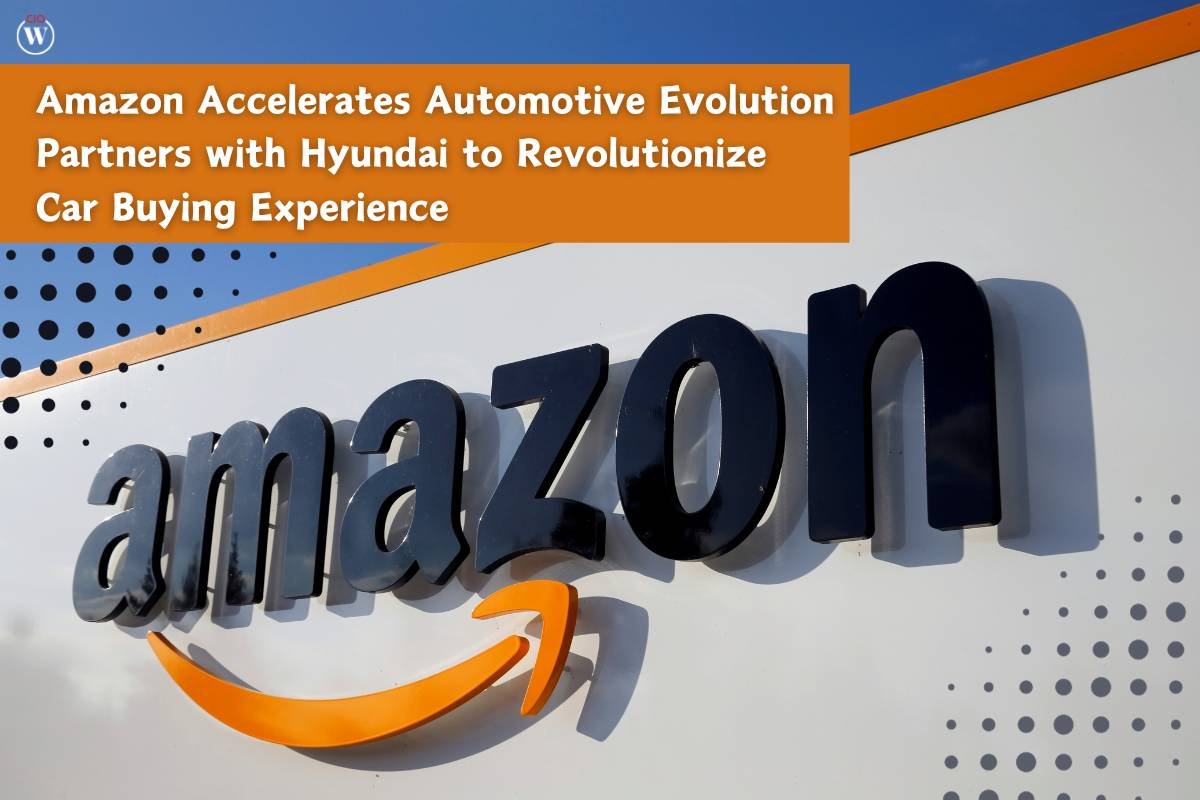When Amazon set sail in 1995, founder Jeff Bezos aimed to revolutionize the book-selling industry, initially considered a modest goal. The strategy was to eliminate the inefficiencies associated with brick-and-mortar bookstores. These establishments encouraged customers to leisurely browse and handle merchandise without making purchases, making the business model inefficient. Amazon’s approach, stripping away physical stores, significantly reduced costs and dealt a severe blow to the industry. Notably, major chains like Borders Books and Waldenbooks succumbed to closure, while Barnes & Noble, the industry titan, struggled to survive, shrinking in the process.
Despite the genuine appeal of bookstores to book enthusiasts, Amazon’s convenience and competitive pricing led to the demise of thousands of physical bookstores. The disruption witnessed in the book-selling realm hinted at a potential template for other industries to follow.
A Paradigm Shift in Auto Retail
Fast forward to the present, and Amazon is setting its sights on transforming the traditional car buying experience. A recent survey reveals that a staggering 87% of American adults express dissatisfaction with the conventional process of purchasing vehicles at traditional dealerships.
Amazon’s latest venture involves a groundbreaking partnership with Hyundai, not only offering a platform for selling new and used cars but also reimagining the entire car-buying journey. In a blog post, Amazon CEO Andy Jassy announced that, starting in 2024, auto dealers will have the opportunity to sell vehicles directly through Amazon’s U.S. store. Hyundai, a major automotive brand, will be the first to showcase its vehicles in this novel digital space. This innovative approach aims to simplify the car-buying process, allowing customers to make online purchases and subsequently choose between picking up their new car or having it conveniently delivered by a local dealership at their preferred time.
This digital transformation, however, does not eliminate dealers from the equation. Amazon’s strategy involves facilitating a seamless buying process, not cutting out the intermediary. The company won’t directly sell from manufacturers but will instead provide Hyundai customers with a streamlined process to purchase from the manufacturer, while also offering Amazon customers access to a diverse range of used cars.
Industry Insights and Future Implications
Diana Lee, CEO of Constellation, a global SaaS company specializing in marketing compliance technology working with major car manufacturers, weighed in on the impact of this revolutionary move. In an email interview with TheStreet, Lee discussed the potential implications for the automotive industry. As Amazon pioneers the integration of car sales into its platform, questions arise about how this move might shape future trends and consumer behavior in the automotive sector.
Industry experts anticipate that this partnership could pave the way for a broader shift toward online car sales, transforming the traditional negotiation process and offering consumers a more convenient and transparent buying experience. As the automotive landscape embraces digital evolution, Amazon’s foray into car sales leaves a trail of anticipation for the future of car retail.
Also read: Honda Introduces Zero-Emission Motocompacto For Eco-Friendly Urban Mobility








